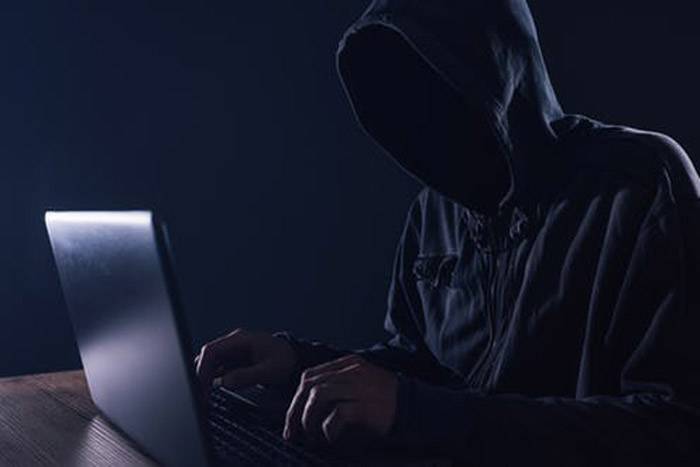Online Manipulation Of Children And Young People – What Can Parents Do?
Years ago, before memes were even a thing, I found an image on a site that sold “humorous” but off colour T-shirts. It was of an overweight, middle-aged, bearded, dodgy-looking man wearing a shirt that said “I’m the 14-year-old girl you were chatting to on the Internet last night”.
Social media was just getting going and smartphones had not yet made an appearance much less become the ubiquitous companion of every young person. But already the wrong type of people had seen the opportunity to exploit the technology for their own twisted purposes.
How far have we come today in terms of technological advances? Back then it was mostly hiding behind the anonymity afforded by the Worldwide Web. Now, images & video can be transmitted anywhere in the world at lightning speed. The visuals themselves can be manipulated and faked and the potential for deception has grown exponentially. So if we accept that “stranger danger” in the digital world is an inescapable reality, what, if anything can we do about it?
Potential abusers will always try to target the vulnerable. Our kids fall squarely into that band mostly because of naivety and lack of experience. If not correctly prepared for what dangers potentially lurk in the online environment they become vulnerable to abuse, be that sexual exploitation, manipulation or just plain intimidation. As with many things the starting point is always good communication.
Three Major Areas that can be addressed
From the moment the youngsters in your care begin using the technology you should be having frequent, honest and open discussions with them about their experiences. The following is a guide to a 3 pronged approach for dealing with negative experiences on the web.

Don’t delay, start when they are young
When kids first start to explore the digital world they often have difficulty separating fantasy from reality. The younger they are the more difficult it is for them to make the distinction. Something I have personally used with my own child was to show him a character like Thor, for example, then point out Chris Hemsworth in a completely different role in another movie. This opens up a conversation that “that guy” is not actually Thor but someone who’s job it is to act as different people in many films, i.e. it’s his “work” just like some people are mechanics and others are firefighters.
With persistence, eventually, the light bulb illuminates as they begin to understand that what is being presented to them is often nothing but an illusion. They can then be guided to understand that some illusions are harmless and created purely for entertainment, but that others are set up specifically to trick them into parting with something, be that money or something much more personal.
I’m Enough Charitable Trust was set up with the goal of helping young people safely navigate the digital space. If those in our charge clearly understand that they are seen, valued and loved just as they are, hopefully, they will be less likely to look for approval and acceptance from strangers.



